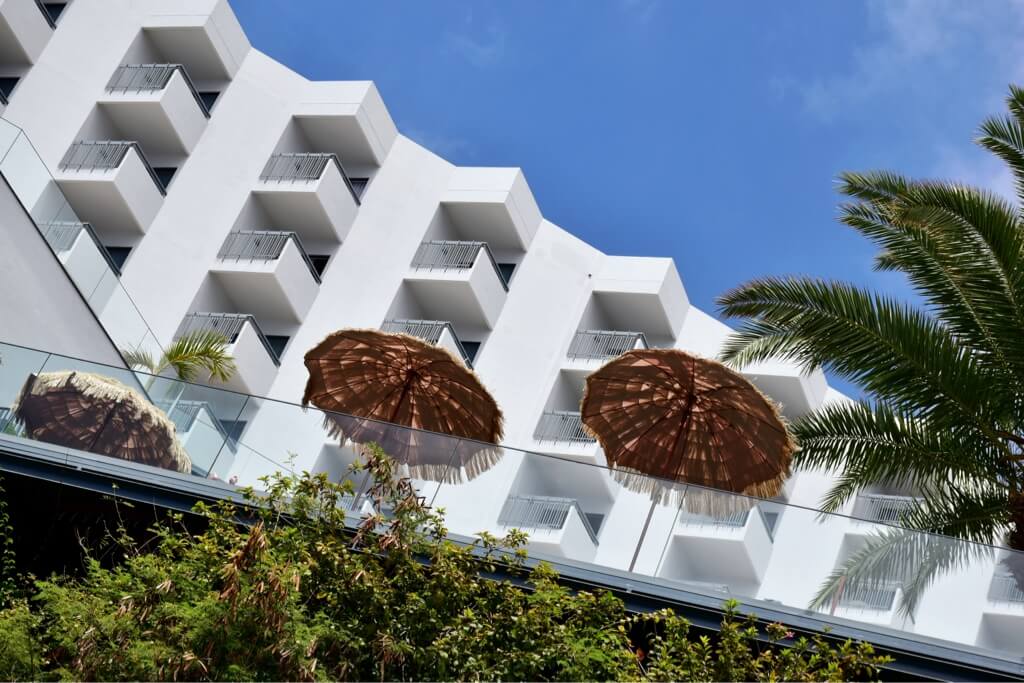Hotel Virtual Tours: Delving into the Realm of Virtual Reality in the Hospitality Industry

In an era where immersive experiences reign supreme, the hospitality industry has embraced the power of virtual reality (VR) to redefine the guest experience. Hotel virtual tours offer a dynamic and interactive way for guests to explore accommodations, amenities, and destinations from the comfort of their own homes. In this comprehensive guide, we'll delve into the world of virtual reality in hotels, showcasing innovative examples of how this technology is transforming the way guests interact with hotel properties.
- Immersive Room Tours:
One of the primary advantages of virtual reality in hotels is the ability to provide guests with immersive room tours. Through VR headsets or interactive web platforms, guests can virtually walk through different room types, experiencing the layout, decor, and ambiance as if they were physically present. This allows potential guests to make more informed booking decisions and reduces the likelihood of dissatisfaction upon arrival.
Inverse Example: Without virtual room tours, guests may rely solely on static images and written descriptions when booking accommodations. This lack of immersive experience can lead to misconceptions or disappointment upon arrival, resulting in negative reviews and decreased guest satisfaction.
- Destination Exploration:
Hotel virtual tours extend beyond the confines of the property, allowing guests to explore nearby attractions, landmarks, and points of interest. Whether it's a virtual stroll through the bustling streets of a city or a panoramic view of natural wonders, VR technology enables guests to preview the destination and plan their itinerary with greater insight and excitement.
Inverse Example: Without virtual destination exploration, guests may feel uncertain or uninformed about local attractions and activities. This lack of pre-trip research can lead to missed opportunities and a less fulfilling travel experience overall.
- Interactive Amenities Showcase:
Virtual reality offers hotels the opportunity to showcase their amenities in an interactive and engaging manner. From swimming pools and fitness centers to spas and restaurants, guests can virtually explore each facility, learn about available services, and visualize themselves enjoying the hotel's offerings. This immersive experience enhances guest satisfaction and encourages on-site spending.
Inverse Example: Without interactive amenities showcases, guests may be unaware of the full range of facilities available at the hotel. This could result in underutilization of amenities and a missed opportunity to enhance the overall guest experience.
- Personalized Virtual Concierge:
Some hotels are leveraging virtual reality to provide personalized concierge services to guests. Through virtual assistants or interactive guides, guests can receive customized recommendations, book reservations, and access exclusive offers tailored to their preferences and interests. This personalized approach enhances guest engagement and fosters a sense of VIP treatment.
Inverse Example: Without personalized virtual concierge services, guests may struggle to navigate unfamiliar surroundings and miss out on personalized recommendations and experiences. This could lead to a less memorable and fulfilling stay.
- Pre-Event Venue Preview:
For guests planning weddings, conferences, or other special events, virtual reality offers a unique opportunity to preview event venues and configurations. Virtual venue tours allow event planners to visualize different layouts, seating arrangements, and decor options, facilitating better decision-making and ensuring a seamless event experience.
Inverse Example: Without pre-event venue previews, event planners may face challenges in visualizing and coordinating event logistics. This could result in suboptimal event setups and potential dissatisfaction among attendees.

In conclusion, hotel virtual tours represent a revolutionary advancement in the hospitality industry, offering guests unparalleled access to accommodations, amenities, and destinations. By embracing virtual reality technology, hotels can enhance the guest experience, increase bookings, and differentiate themselves in a competitive market landscape. As virtual reality continues to evolve, the possibilities for immersive guest experiences are limitless, paving the way for a new era of hospitality innovation and excellence.
Start collecting important feedback now with inBook. Our service is designed to help you gather valuable insights and make data-driven decisions to propel your business forward.
Learn more about how inBook can benefit your company by visiting our FAQ or exploring our Pricing options.